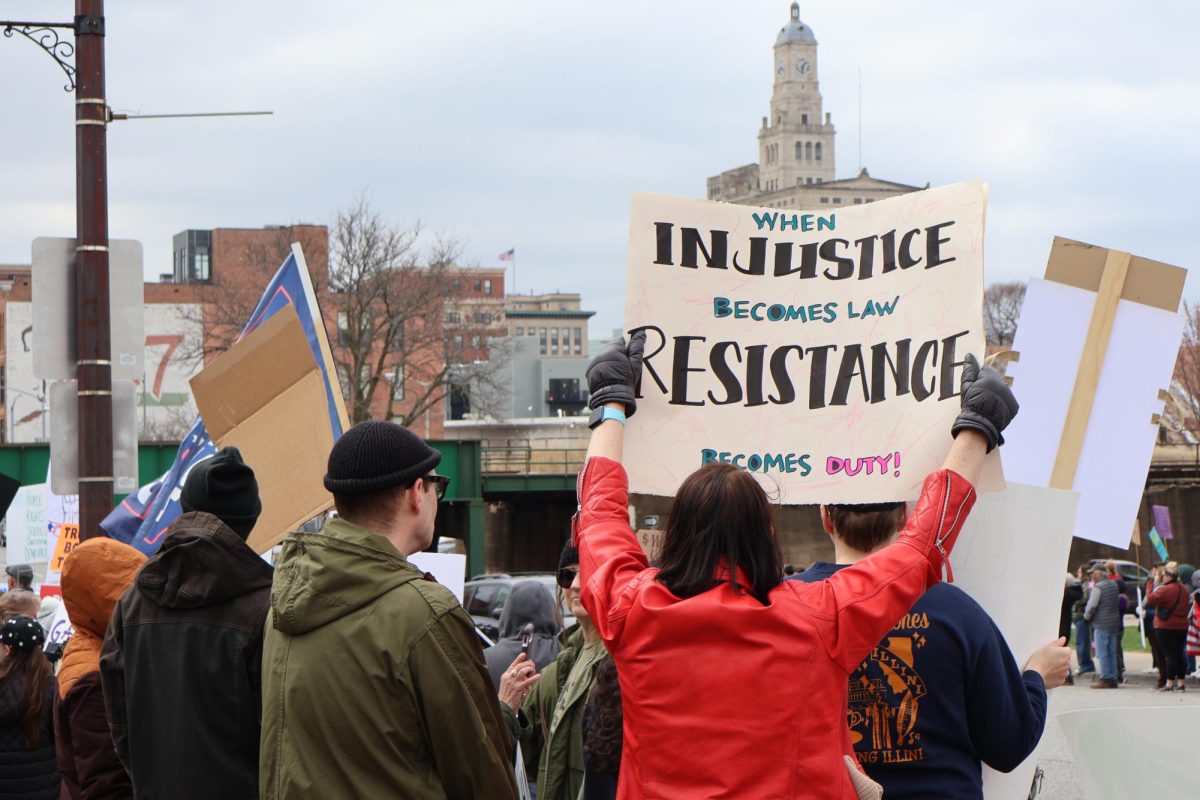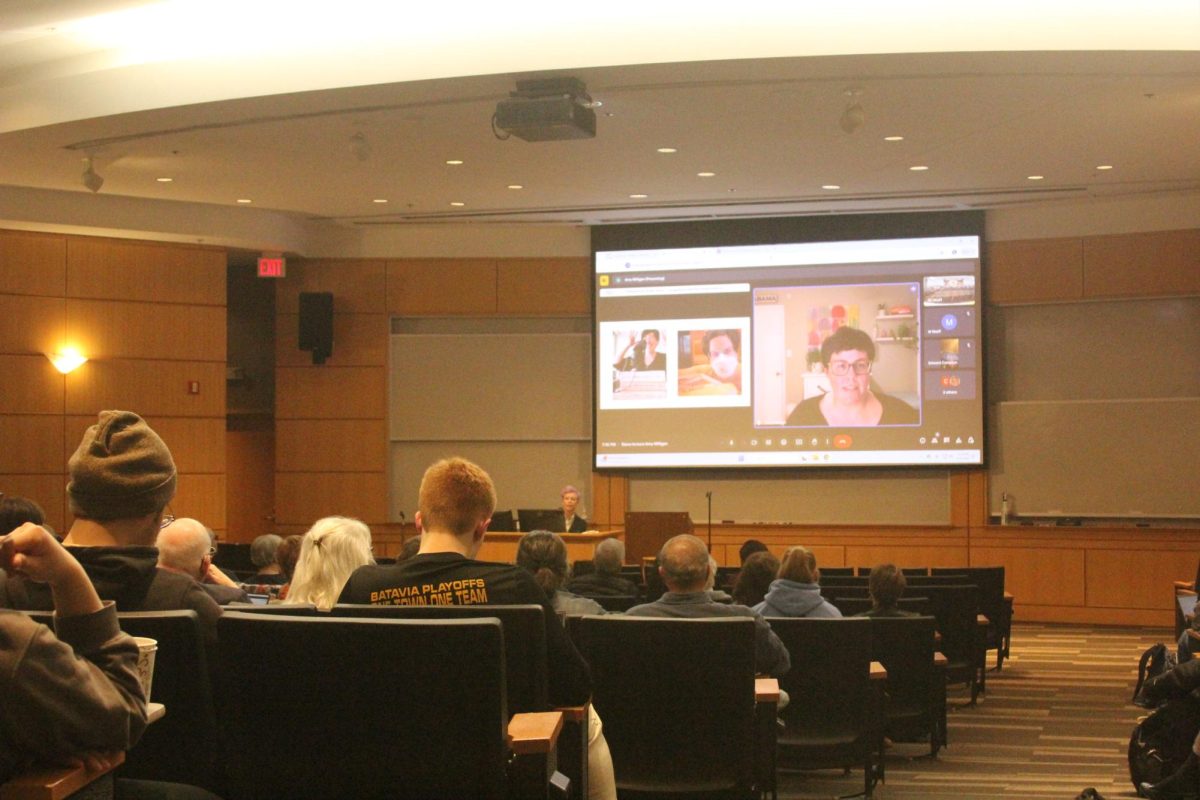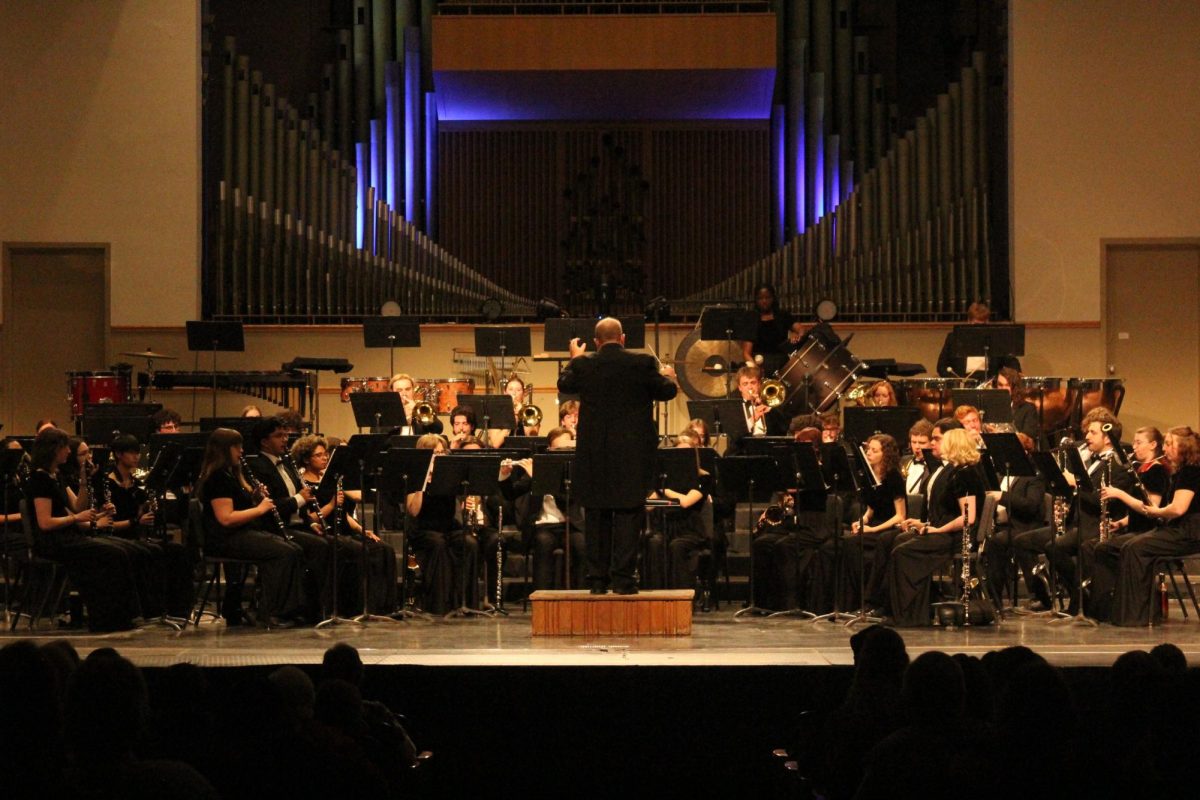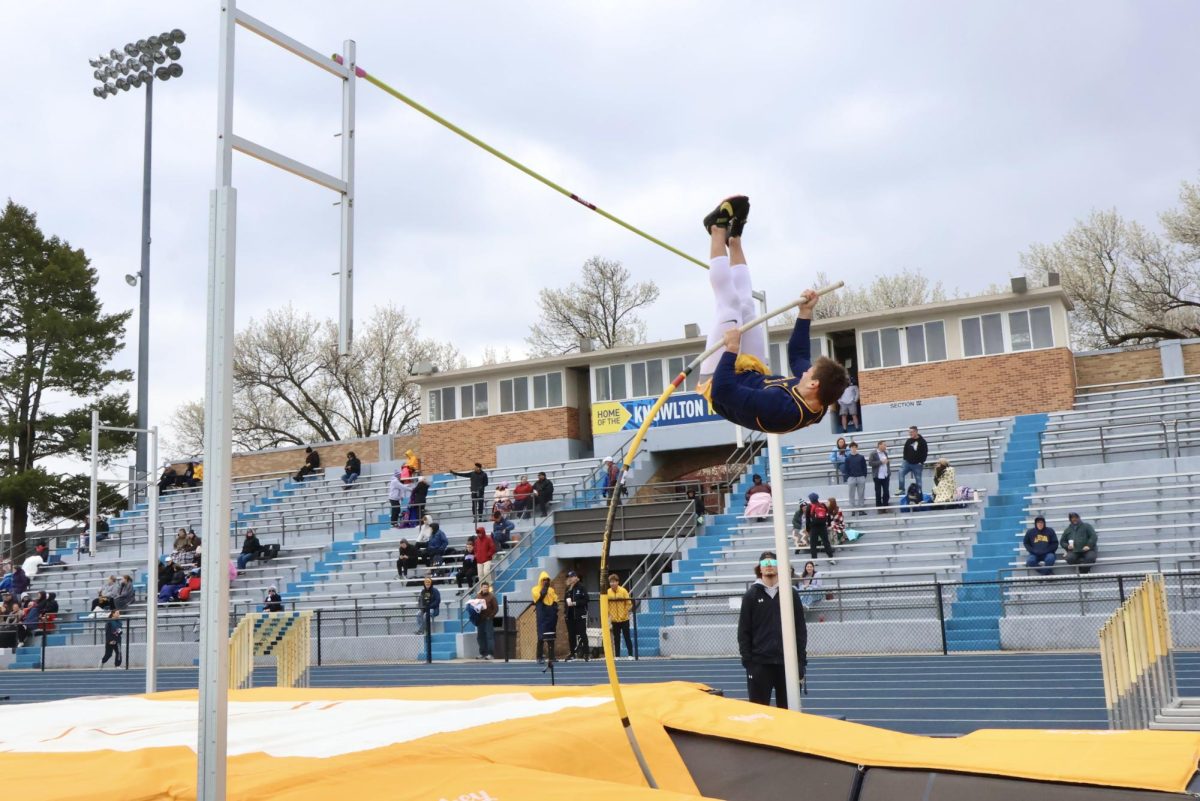LGBTQ+ students find faith despite past prejudices
March 19, 2021
This story is from the Observer’s Injustice and inequalities inside Augie magazine publication. Print March 2021.
Augustana College’s Lutheran religious affiliation welcomes all students, regardless of gender, sex, race, and religion. Today, we can see this inclusion present in the relationship the church has with the queer community and its efforts to make queer-identified students feel safe on campus.
The Evangelical Lutheran Church in America (ELCA) has been welcoming and affirming to the LGBTQ+ community.
Jason Mahn is a religion professor at Augustana and the director of the presidential center for faith and learning.
“We [Augustana College] belong to a church that believes that all people are the image of God and that all of us are loved and affirmed by Him,” Mahn said. “So, we want to be inclusive of all people, including all sex and gender identities.”
Through the years, Augustana has been open about the inclusive stance they have toward sexual and gender diversity.
Augustana is part of The Reconciling in Christ Program (RIC), a program within the ELCA to provide representation and support to the queer community. The RIC publicly encourages the LGBTQ+ community to be active and serve as leaders of campus ministries.
In 2012, President Bahls put out an official statement from the college about The Ascension Chapel on campus. He said that it is open to all community members and that same-sex weddings are permitted.
Retired Augustana Chaplain Richard Priggie said that there are Christians who have different interpretations of whether the Bible supports same-sex relationships.
“While some Christians support LGBTQ+ people, others do not. But Augustana is solidly behind the understanding of the Christian Church as being welcoming in diversity,” Priggie said.
Because Augustana is a religious-affiliated institution, some students may have doubts about its stance toward the queer community.
Iliana Smiser, junior and identified queer student, was worried if she would find a supportive community on campus. “In my past personal experience, religiously affiliated organizations haven’t been the most accepting,” Smiser said. “So before coming to Augie, I was concerned. But as soon as I came, I discovered it is an accepting and welcoming place.”
For junior Kristen (Kiki) Lancaster, it was different. Although she was not looking for a religious institution, she considers the LCA to be inclusive, and diverse institutions were a factor she thought of when applying to college.
“One of the reasons Augustana was in my list was because my mom is an LCA pastor, and I know they support LGBTQ+ issues,” Lancaster said. “I needed to consider a religious institution that was supportive and accepting.”
Naomi Beckley, a senior and queer-identified student, has had negative experiences with religious institutions before coming to Augustana. Beckley is thankful for the supportive stance the college has toward the queer community.
“Augustana being ELCA has worked in our favor rather than against since the church has been supportive toward the LGBTQ+ community,” Beckley said.
The previous year, she was part of the Gender and Sex Alliance (GSA) and said the organization had received campus pastor’s support.
“Pastor Priggie has been a big support system for us as an organization. He has spoken at rallies for the GSA, and Damascus Road Pastor Suddarty has been a wonderful resource for the last couple of years,” Beckley said.
For some queer students, Augustana offers a liberal arts education that has helped create a safe and supportive environment.
Sara Prier, senior and co-president of the GSA, thinks she does not often encounter uncomfortable situations because of it. “If homophobic students feel the institution backs them up, they would be bolder in their actions,” Prier said.
“I think the fact it is a liberal arts campus has helped foster the supportive community toward queer rights.”
Grace Kim, junior and secretary GSA on campus, also has found a supportive community in Augustana.
“As the secretary of our school GSA, I know safe places, and I also have professors that are willing to do anything to make sure we [the queer community] are safe,” Kim said.
At first, Kim felt uncomfortable attending a religion class as part of Augustana’s Reasoned Examination of Faith (REF) requirement. “Religions and sexuality go against each other a lot, so I know some people, like me, didn’t like to be forced to take a religion class at first,” Kim said.
According to Dr. Mahn, at Augustana, it is important to show a broad diversity of the different ways sexuality and religion can interact.
“I think you can be deeply religious and LGBTQ+ affirming; it is something we are interested in exploring in many of our religion courses,” Mahn said.
For Lancaster, her department, women and gender studies, is one reason she feels supported on campus. “They [the professors within her major] are one of the biggest supporters I have on campus,” Lancaster said. “I am lucky that my department is super accepting and open to everyone; I get to talk about my life and experience in class.”
However, she believes it is partly because of the relationship her major has with the topic. “I think it is a little hard if you are not in a major centered around LGBTQ+ community, so I can’t say everyone has had the same experience as me,” Lancaster said.
Smiser is majoring in biology and has found professors who create an environment she can feel comfortable in. “Although not everybody on campus is super accepting, professors are open with their sexuality, and some have safe zone stickers that indicate they are an ally to the LGBTQ+ community,” Smiser said.
Recently, some professors started asking for students’ preferred pronouns. “Professors do a good job making us feel supported by asking for our pronouns; however, not only in some classes student’s pronouns should be respected,” Beckley said.
Despite Augie’s effort to create a safe and supportive environment for queer students, some say there is still room for improvement.
Beckley is sometimes asked by professors to speak on behalf of the whole community. “Regularly, professors rely on an openly LGBTQ+ identifying to speak for the entire community,” Beckley said. “I don’t deserve to speak on behalf of anyone else; it should be avoided if we want to create an inclusive environment.”
According to Kim, GSA can receive more monetary support since most of the events are student-led and could benefit more from a larger budget. “We have the money they give us, but sometimes we [members of GSA] need to pay out of pocket because our budget is not great.”
Moreover, Prier believes that religious emails can be filtered. “I don’t enjoy seeing those religious emails all the time; it could make me feel more comfortable not receiving them,” Prier said.
For Lancaster, Augustana should talk about inclusive sexual diversity throughout the school, not only in specific areas. “I think people are kind of oblivious, unless they have a friend that is part of the queer community. If people are more aware of how precarious some rights are, we would be able to have more inclusive views.”




































































































